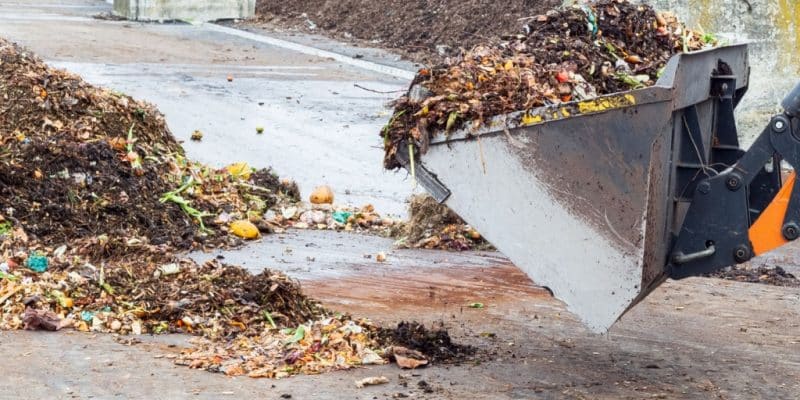As part of the project to clean up the Kitchener Drain in Egypt, Arab-British Dynamics Company (ABD), an affiliate of the Arab Organization for Industrialization (AIO), will build four solid waste recycling plants in the towns of Desouk, El Hamoul, Kafr El-Sheikh and Belqas. The future facilities should improve water quality in the 69km-long Kitchener drain.
From March 2024, Arab-British Dynamics Company (ABD) will begin work on the construction of four solid waste recycling plants in the towns of Desouk, El Hamoul and Kafr El-Sheikh, located in the governorate of Kafr El-Sheikh, as well as in Belqas, in the governorate of Dakahlia in Egypt. The contract was signed recently between Ismail Sayed, Chairman of ABD, an affiliate of the Arab Organization for Industrialization (AIO), and Hisham Amna, Egypt’s Minister for Local Development.
The contract, won following a call for tenders, will run for 22 months, until December 2025. The new facilities will process up to 2,400 tonnes of solid waste per day, or 600 tonnes per facility. The European Bank for Reconstruction and Development (EBRD), the main partner in the wastewater treatment project, will co-finance the work with the European Union (EU), estimated at €38.8 million.
Protecting the health of some 55 million people
This component of the Kitchener Drain decontamination project, approved in 2018, aims to remedy the serious pollution of this agricultural drain in the Nile delta, which stretches over 69 km and whose sewers run through the governorates of Kafr El-Sheikh, Gharbiya and Dakahlia before emptying into the Mediterranean Sea.
The area around the Kitchener drain, created in 1899, is home to 55 million people, who will be the first to benefit from this clean-up project. The solid waste management component of the initiative will also involve the acquisition of waste collection equipment and the construction and rehabilitation of five landfill sites.
Read also –
The other component of the project will focus on the collection and treatment of industrial and agricultural wastewater entering the Kitchener drain. The initiative is the first phase of a major programme financed by the EU under the supervision of the Mediterranean Hot Spot Investment Programme (MeHSIP).
Inès Magoum






